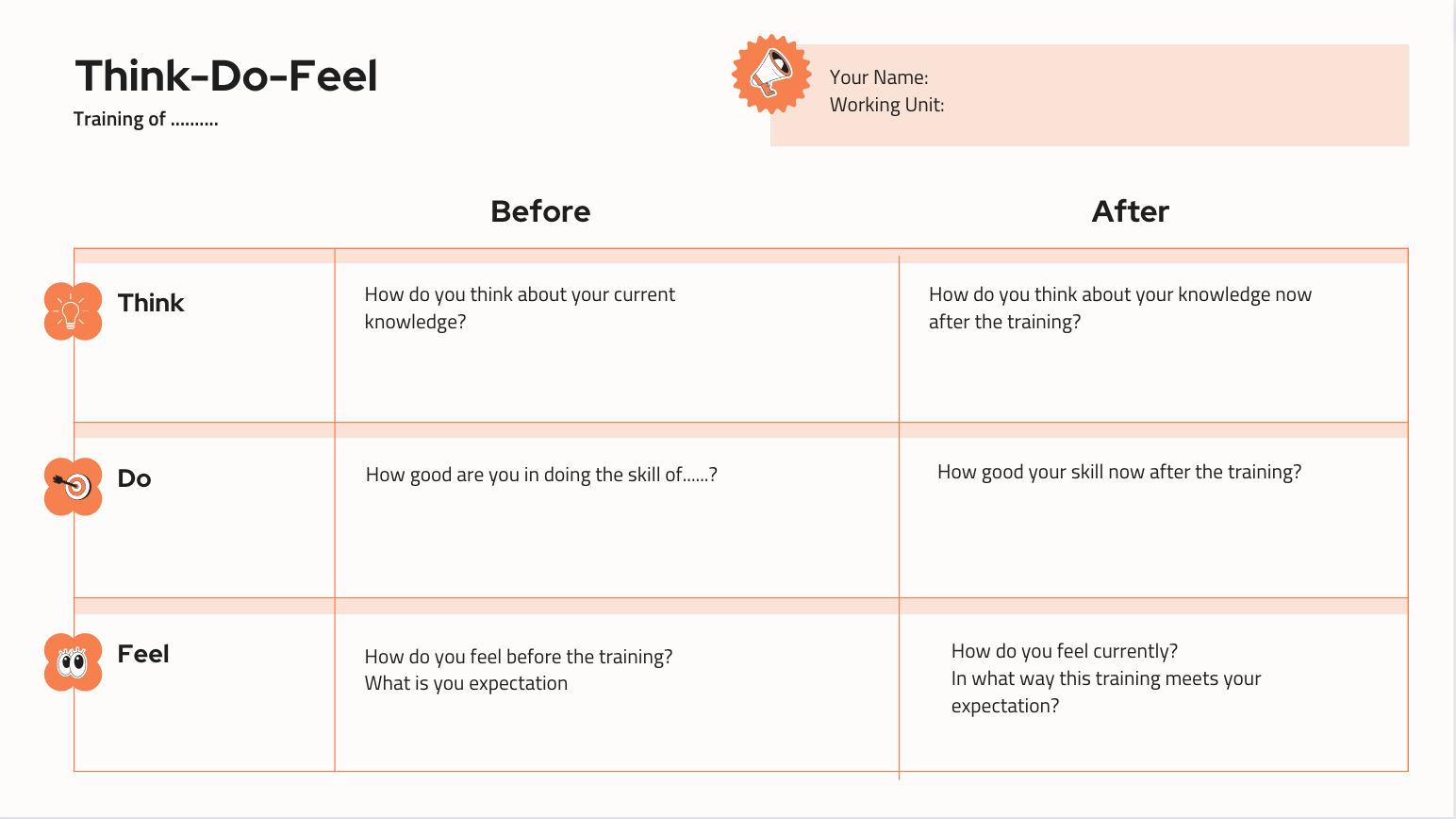Hello everyone!
We hope you were able to see our proposed module!
We would like to share with you some of the challenges we faced in implementing this module.
What are your recommendations and suggestions to overcome these challenges?
Challenge 1:
The need for a self-assessment questionnaire so that students can progress during the virtual phase:
Apart from the exchanges that students make at the end of the module, there is a lack of self-assessment to accompany and guide students during the virtual phase.
Challenge 2:
Balance between teaching satellite products and teaching programming
The COLAB notebook is designed so that students do not need to be programmers and do not need to do extensive editing. The aim is for them to understand step by step what they are doing and to modify what they want to do, and not to fall into a big "black box". And that can fail. We have both 4th, 5th and postgraduate students, so not all students arrive at this stage with the same level of programming knowledge, so the work in the classroom or virtual support is personalised.
Challenge 3:
We need a better way to connect platforms like Colab with Moodle or Google Classroom.

